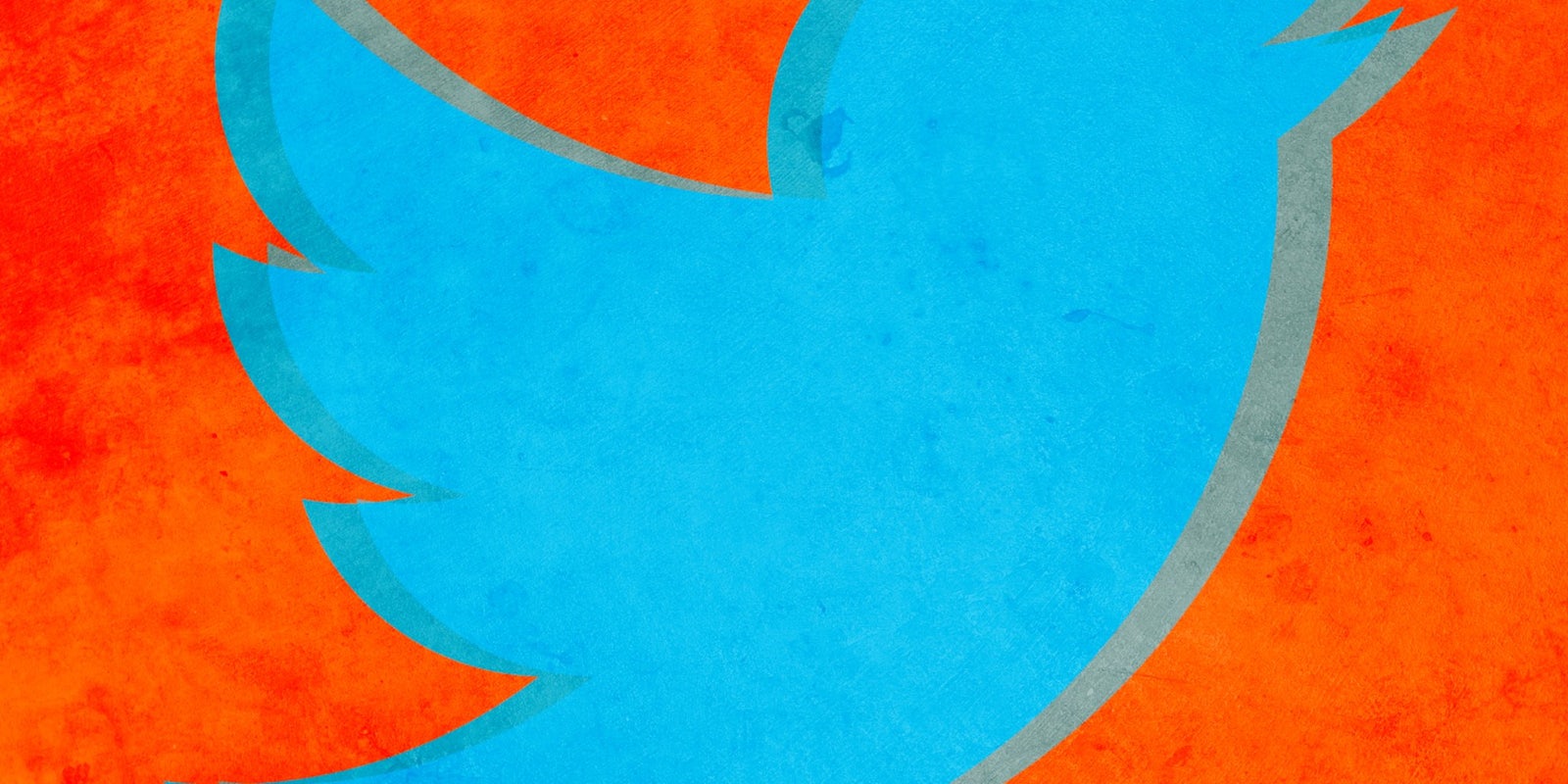Following the highly successful “unlikely alliance” between Facebook and Tor, privacy advocates at the Tor Project are now engaged in discussions to improve working relations with Twitter, a 330-million-user strong network that is criticized for blocking out and hassling Tor users from around the world.
The partnership between Facebook and Tor was at first a surprise between the Internet’s most famous privacy-protecting technology and the Internet’s most famous social network, where the currency is people’s private experiences. Now, over 1 million users have accessed Facebook over Tor in a single month.
Successful though it is, Facebook and Tor is an “unlikely alliance,” Kate Krauss, Tor’s director of communications and public policy, told the Daily Dot. “It’s not a natural alliance. But it’s an interesting alliance we’ve been working on a lot. I think it shows that we are willing to help our users in a lot of different ways.”
The Tor Project and Twitter have had face-to-face meetings about their own relationship, but Krauss describes the process of improving the status quo as “still in progress.”
“There’s a lot of stuff going on. We have been conferring with them. We’ve had productive meetings.”
“There’s a lot of stuff going on,” Krauss explained. “We have been conferring with them. We’ve had productive meetings. We’re hoping for a hidden service and fewer problems [for our users].”
A Twitter hidden service would be a Tor-based version of the platform that allows privacy-minded users direct, more secure, and even anonymous connections. Facebook’s hidden service, which could serve as a model for Twitter, is more difficult for governments to surveil or censor.
There are two sides to the conflict. Twitter has hit Tor users as part of a broad anti-spam and anti-troll campaign against accounts that engage, for instance, in harassment. They’ve offered little explanation to the public about why Tor-connected users are being targeted except to say they’re not specifically going after Tor users alone.
Twitter did not respond to our request for an interview.
On the other hand, privacy (and sometimes anonymity) is key for many people—activists, journalists, regular people—on social networks like Facebook and Twitter. When it really counts, privacy can be a matter of freedom and going to prison, or even life and death.
In the 21st century world, massive social networks like Facebook are where crucial political action takes place—and it’s where free speech is snuffed out when governments deem social media a threat. In recent years, governments including those of Bangladesh, Turkey, Iraq, China, and Russia have banned Facebook. In Iran and Egypt, Facebook has helped fuel protests and revolution.
Tor is one strong way to beat the censorship and surveillance that’s a common fixture in today’s connected world.
“While it is true that you are still disclosing your identity to Facebook when connecting to it over Tor, what you are not doing is disclosing the location from where you are accessing it,” Tor developer Arturo Filastò told the Daily Dot.
The same applies to Twitter, except its lack of a “real name policy” means you can keep way more privacy than on Facebook.
Around the world, Twitter can be a beacon of a free expression and important discussion (well, sometimes at least).
When governments like Iran, Turkey, and Egypt censor Twitter, when vast surveillance of the network is taking place on behalf of multiple governments, the encryption-driven technology behind Tor can help restore the privacy and potential of one of the Internet’s most important centers of free speech.


